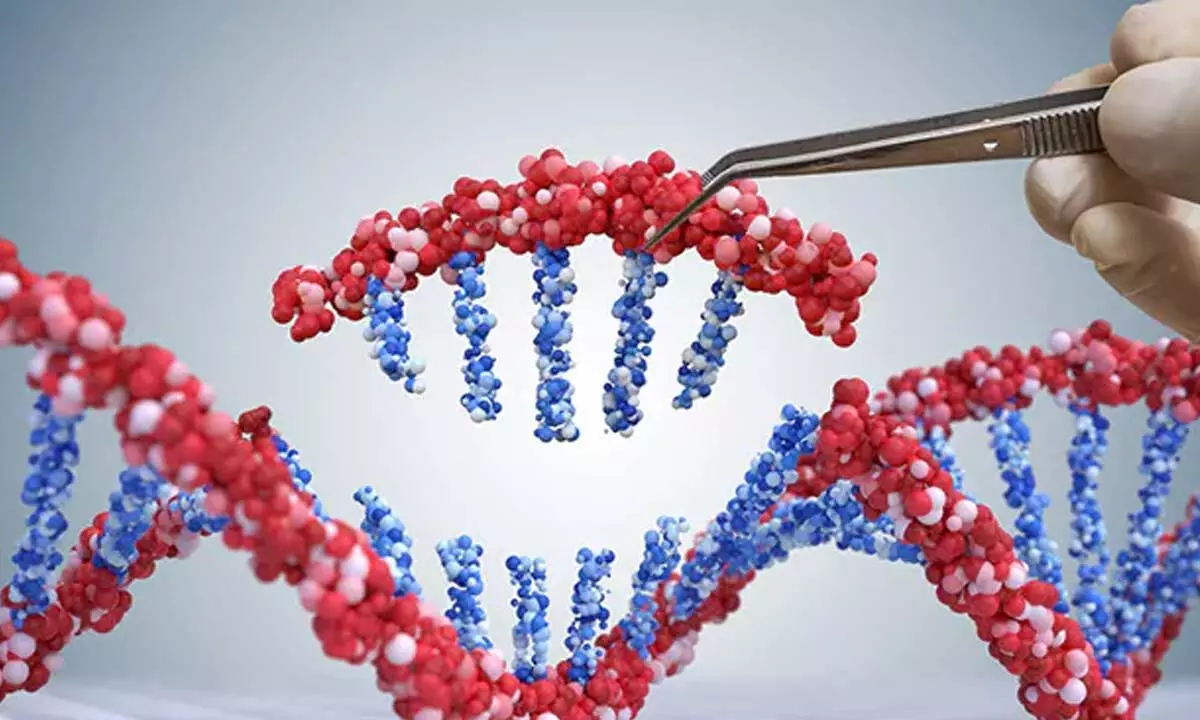Researchers Discover a "Ghost" Ancestor In The Human Genome

Researchers Discover a "Ghost" Ancestor In The Human Genome
- Researchers looking at the evolution of humans have discovered a strange DNA in the intricate origin of our species.
- Evolutionists had previously assumed that only Neanderthals and Denisovans interbred, but this study has shown the existence of a third group of animals.
Researchers looking at the evolution of humans have discovered a strange DNA in the intricate origin of our species. The study examined eight popular theories of human origins and evolution using artificial intelligence (AI) and discovered evidence of a "ghost population" of early humans. The research results were released in Nature Communications.
The research was first conducted in 2019, and the findings indicated that early humans interacted with a long-extinct group of hominins and interbred with them, though only fragmented traces of their DNA remain today.
Evolutionists had previously assumed that only Neanderthals and Denisovans interbred, but this study has shown the existence of a third group of animals.
Evolutionary biologist Jaume Bertranpetit, from the Universitat Pompeu Fabra in Spain explained that the so-called Out of Africa event took place around 80,000 years ago, when a portion of the human population, which already included modern humans, left the African continent and migrated to other continents. This resulted in the emergence of all current populations.
This group either deviated early from the Denisova lineage or is connected to the Neanderthal-Denisova clade.
This was the first instance when deep learning was successfully employed to explain human history, opening the door for its usage in other biological, genetic, and evolutionary problems.








